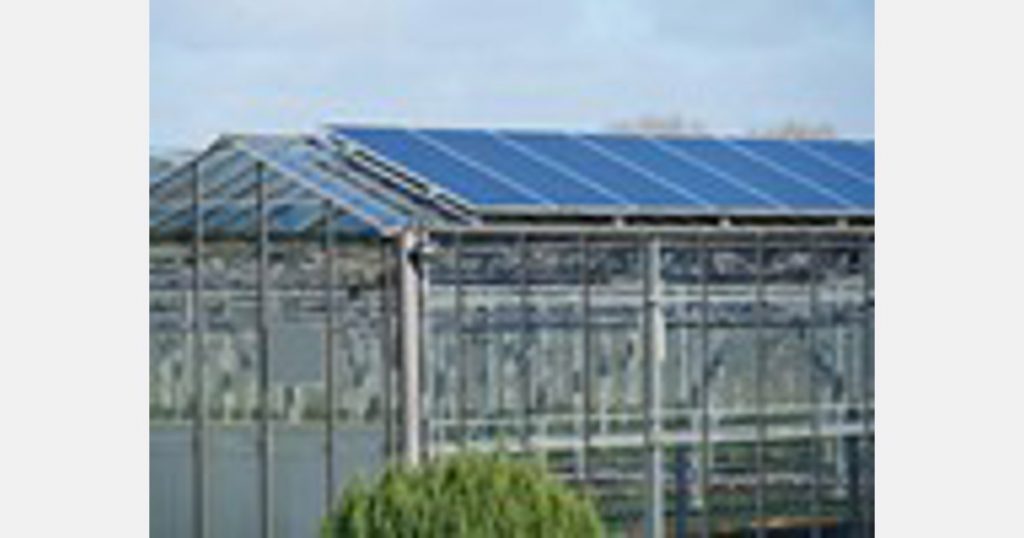The ALDI North Group is consistently pushing ahead with its own sustainability agenda, the company says in a press release. In its current interim report, the discounter takes stock, setting its sights on new measures and goals. It is focusing in particular on the topics of packaging, climate protection and conscious nutrition.
In its latest interim report, ALDI North Group provides transparent information about its progress in the area of sustainability. Whether in the expansion of the sustainable product range, the ecological procurement of raw materials or respect for human rights in global supply chains – the discounter has been able to make considerable progress in all areas in recent years. Looking back on the 2020 reporting year, Rolf Buyle, Managing Director International Buying, notes: “During the pandemic, it once again became clear that we bear a special responsibility as a food supplier. We will assume this responsibility, not just towards our customers and employees, but also towards the environment and society. Our interim report shows where the ALDI North Group currently stands and where we want to go.”
New international packaging targets agreed
A central sustainability issue for the entire ALDI North Group continues to be the topic of packaging. The basic principles of the circular economy serve as a guideline here: “Avoid. Reuse. Recycle.” In Germany alone, ALDI North has already been able to save 38,000 tons of packaging since 2015. The discounter is also making good progress toward its goals of making 100 percent of its own-brand packaging recyclable by 2025 and offering at least 40 percent of its fruit and vegetable assortment unpackaged by 2025.
Recently, further ambitious international packaging targets were defined: In order to reduce the use of new plastics, the recycled content in all private label product packaging made of plastic is to be increased to an average of at least 30 percent by 2025. There are already numerous items with a high recycled content in the ALDI North range, such as the chilled orange juice 1L in the PET bottle with 100% recycled content or the mineral water Selection 1L, which is also being successively converted to 100% recycled content. The aim is to gradually increase the use of recyclate across all product groups. In addition, the total use of virgin plastics is also to be reduced by 20 percent by 2025 compared to 2020. With these new targets, the ALDI North Group is sending out a strong signal for the responsible use of valuable resources.
Focus on climate protection
The discounter has also intensified its efforts in the area of climate protection: In July 2020, ALDI North joined the “Science Based Targets Initiative.” By joining, the group of companies commits to setting binding and scientifically verified targets for reducing CO2 emissions over the next two years that are in line with the 1.5-degree target of the Paris Climate Agreement. Initially, ALDI North aims to reduce greenhouse gas emissions by 40 percent by the end of 2021 compared to 2015 and then push this development further.
Enabling conscious nutrition for all
Another strategic goal continues to be enabling conscious nutrition for all customers and promoting responsible food handling. For example, ALDI Belgium and ALDI France were able to label the first products with the Nutri-Score in 2020, and Germany and Spain registered the first private label brands for the Nutri-Score in early 2021. In addition, the vegan and vegetarian as well as the organic and Fairtrade product ranges were further expanded. Another milestone in 2020 was the development of a new international guideline for the prevention of food losses and waste. This is the first time ALDI North has created a binding framework for dealing with surplus food.
Schwarz Group also emphasizes its commitment
As part of its group-wide climate strategy, the Schwarz Group is making a strong commitment to climate protection. The retail company officially joined the Science Based Targets Initiative back in August 2020. In a second step, the Schwarz Group has now defined climate targets based on the methodology of the Science Based Targets Initiative. With its climate strategy as part of its sustainability strategy, the Schwarz Group supports the Paris Climate Agreement and makes a measurable contribution to limiting global warming to 1.5o Celsius.
The entire Schwarz Group will reduce its operational greenhouse gas emissions (Scope 1 and 2) by 55 percent by 2030 compared to 2019. In the course of this, Kaufland and Lidl have set themselves the target of reducing their operational greenhouse gas emissions by 80 percent over the same period. Suppliers, who are responsible for 78 percent of product-related emissions, are encouraged by the Schwarz Group to define their own climate target by 2026 in accordance with the criteria of the Science Based Targets Initiative.
A wide range of measures to reduce, avoid or offset CO2 emissions in operations and the supply chain serve to achieve these targets.
For more information:
ALDI Einkauf SE & Co. oHG
Eckenbergstraße 16
45307 Essen
impressum@aldi-nord.de
https://www.aldi-nord.de/
Schwarz Unternehmenskommunikation GmbH & Co. KG
Stiftsbergstraße 1
74172 Neckarsulm
Tel: +49 (0) 7132 30788600
E-Mail: presse@mail.schwarz
Web: https://presse.schwarz/index.html


